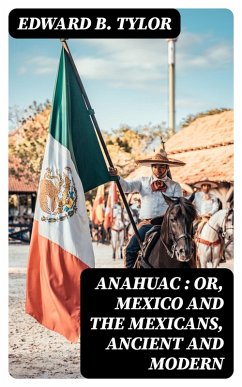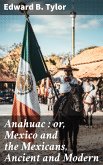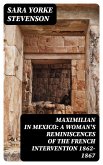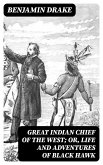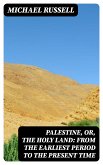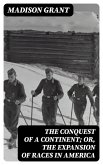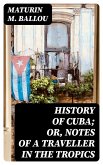In "Anahuac: or, Mexico and the Mexicans, Ancient and Modern," Edward B. Tylor presents a comprehensive exploration of the cultural, historical, and social tapestry of Mexico from ancient times to his contemporary era. This seminal work, rich in its ethnographic detail and informed by Tylor's anthropological perspective, blends vivid descriptions with scholarly analysis, thereby situating Mexico at the crossroads of civilization. Tylor's literary style is marked by an intricate balance of objective observation and passionate narrative, offering readers a deeper understanding of the complexities embedded in Mexican identity through both its pre-Columbian heritage and modern transformations. Edward B. Tylor, a pivotal figure in the emergence of anthropology as a discipline, was profoundly influenced by his travels and academic pursuits. His rigorous studies of cultural evolution and social customs undoubtedly shaped his interest in Mexico, a nation he perceived as a rich case study of human development and adaptation. Tylor's commitment to elevating the understanding of non-Western cultures reflects in his thorough analysis of Mexican life, making his observations resonate with broader theories of culture that would impact anthropological thought. For those interested in the interplay between tradition and modernity, "Anahuac" is an essential read that sheds light on the rich cultural heritage of Mexico. Tylor's pioneering insights invite readers to engage with Mexico's past and present, making it a valuable resource for scholars and enthusiasts alike who wish to delve deeper into the dynamic identity of a fascinating country.
Dieser Download kann aus rechtlichen Gründen nur mit Rechnungsadresse in A, B, BG, CY, CZ, D, DK, EW, E, FIN, F, GR, H, IRL, I, LT, L, LR, M, NL, PL, P, R, S, SLO, SK ausgeliefert werden.

